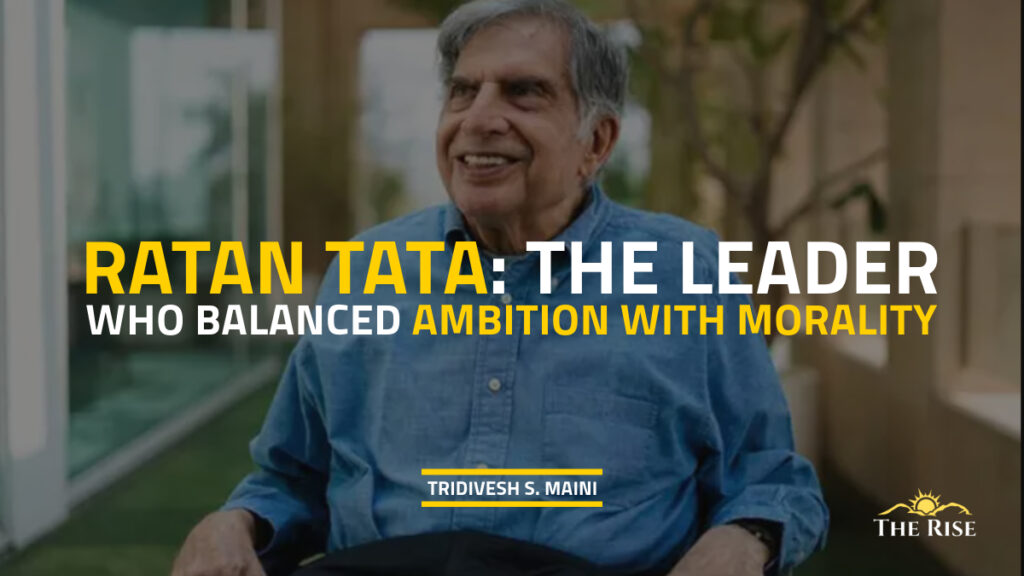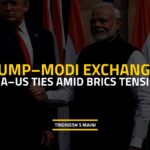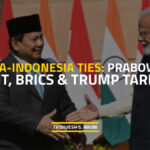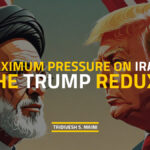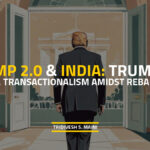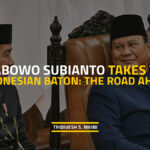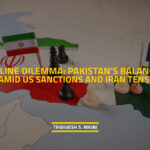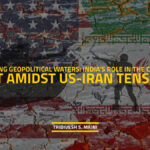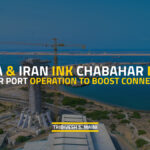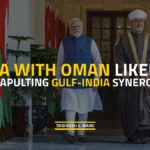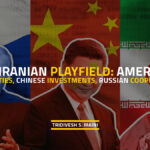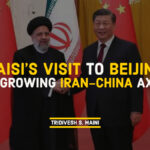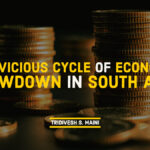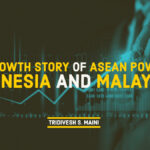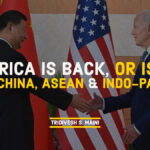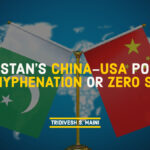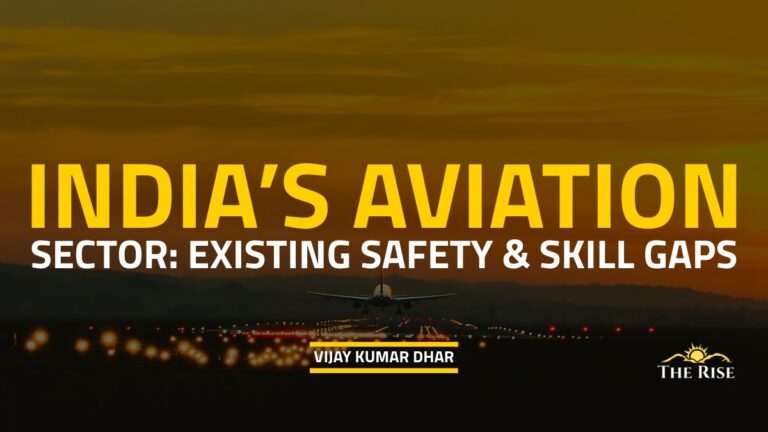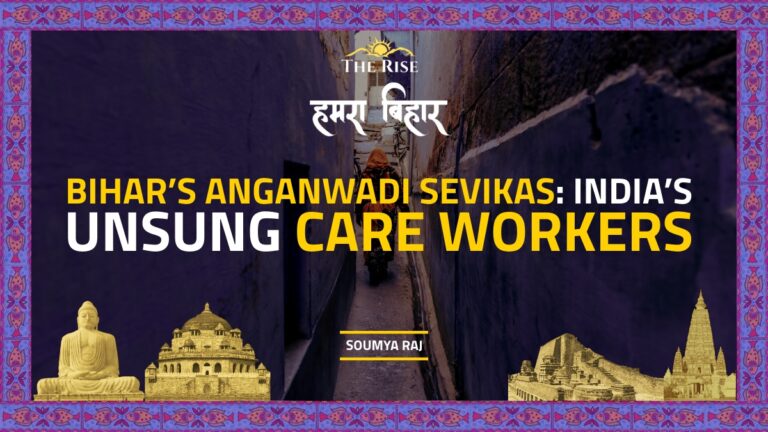Chairman Emeritus of the Tata Group, Rata Naval Tata who passed away on October 9, 2024, was cremated with full state honours on October 10, 2024, at the Parsi Cemetery, Mumbai. He had served as Chairman of Tata Sons from 1991-2012.
Contribution towards the growth of Tata Sons
The rich tributes which Tata received from individuals across the ideological divide and from individuals of diverse backgrounds were a reiteration not only of his success in providing visionary leadership to the Tata group at a crucial time, taking it to new heights and his important contribution to India’s economic growth story but also his character, ethics and sensitivity to important social causes – which led the group to contribute towards the same generously. Tata Group’s revenues grew dramatically under Ratan Tata’s leadership from Rs 18,000 crore to Rs 5.5 lakh crore.
While the Tatas paid great attention to the acquisition of Jaguar and Land Rover during his Chairmanship, he also took several other important steps towards globalising the Tata group (which has operations in over 100 countries today).
Ratan Tata’s leadership qualities were evident during his handling of the 26/11 Mumbai terror attacks. The Taj Public Service Welfare Trust (TPSWT) was set up a month after the attacks to support victims. According to a statement over the years: “.. the trust’s purpose has expanded substantially to address complex issues affecting the lives of the survivors and the families of those deceased due to reasons related to disasters both man-made and natural to promote the welfare of injured and disabled members of the armed forces”
Personal lifestyle
Unlike several other Indian businessmen who lead flashy and ostentatious lives, Tata lived a relatively spartan low-key life. Here it would be important to point out, that while there has been a growing anti-business sentiment globally, due to growing economic disparities, and in more recent years in India in the aftermath of the farmer’s protest (several politicians have begun to even distance themselves from corporates at least publicly) that did not seem to reflect in the tributes paid to Ratan N. Tata from across the political spectrum.
Prime Minister Narendra Modi in his rich tributes to Ratan Tata on X said he was a: “visionary business leader, a compassionate soul and an extraordinary human being.” He also highlighted his commitment to education, and animal welfare. Leader of Opposition and Congress MP Rahul Gandhi, in his tributes to Tata, said: “Ratan Tata was a man with a vision. He has left a lasting mark on both business and philanthropy. My condolences to his family and the Tata community,”
Inclusivity
Tata was also fervently committed to respect for diversity and inclusivity. Priests of different faiths — Parsi, Hindu, Muslim, Christian, and Sikh – gathered at the prayer meet, and read prayers, organised at the National Centre for Performing Arts (NCPA) Nariman Point — where his body was placed so that the public pay respects to him.
One interesting nugget of history which came into the public domain after Tata’s death was how after the November 1984 anti-Sikh pogrom — in which thousands of Sikhs were massacred in several parts of India, including New Delhi, UP and MP, after the assassination of then PM Mrs Indira Gandhi — Tata motors had provided Sikh truck drivers with free trucks to restart their businesses.
You May Like: Breaking Silence on Silent Sufferings
Gurgaon-based Abhiraj Singh Bhal, co-founder-cum-CEO of Urban Company who had earlier worked with the Boston Consulting Group – which worked with the Tata group for, a project, highlighted this point in a blog. When he asked several truck drivers in Punjab, Rajasthan, Uttar Pradesh and North-East about the reason behind their steadfast loyalty to the Tata brand although other companies offered significant discounts. In the blog, Bhal narrates his conversation with one such truck driver who lost his home, family members and truck. Said Bhal: “Once the dust settled, a Tata Motors employee walked up to him and handed him the keys to a new truck. There were no questions asked. He, and many others like him, who had lost their trucks in the Sikh riots, their only means of a livelihood, were given a free truck by Tata Motors. And this story never hit the press, was never publicized by Tata Motors, just remained etched in the memories of these truckers. As he narrated this story with moist eyes, he told me that he trusts the Tata brand – it has his lifelong loyalty.”
In conclusion, it is tough for even Ratan Tata’s harshest critics to ignore some of his positive attributes. While he set high goals, Tata also drew the red lines wherever necessary. There was no binary between aspirations and ambitions and morality. There are lessons to be learnt by all – irrespective of ideology or profession – from Ratan Tata’s life.
Disclaimer: The views expressed in this article are of the author solely. TheRise.co.in neither endorses nor is responsible for them. Reproducing this content without permission is prohibited.
About the author
Tridivesh Singh Maini is a New Delhi-based Policy Analyst. He is faculty member of OP Jindal Global University, Sonepat, Haryana.

